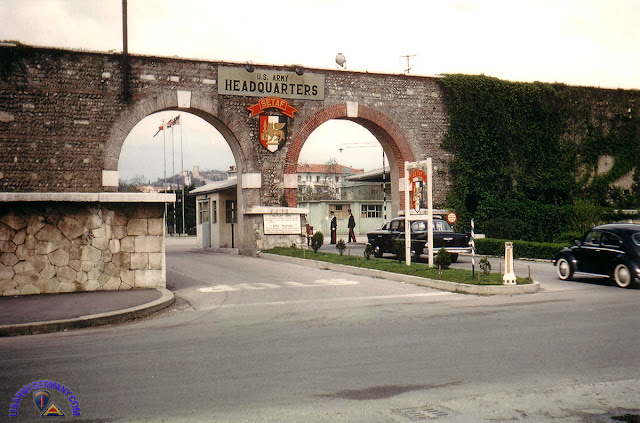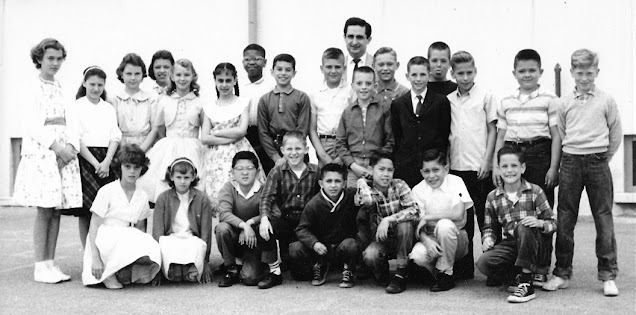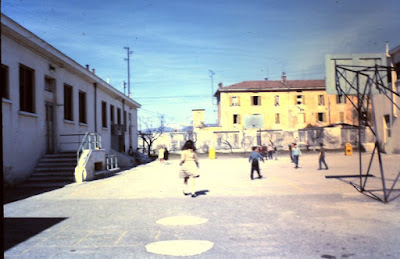I went looking for a book I hadn’t read in 60 years – a novel called The Golden Warrior, that I was assigned in the 8th grade or thereabouts – and for whatever reason, I was curious to read again, or at least leaf through. Something about it had stuck in my mind. They didn’t have it at the library, and I found it on the internet. For nine bucks, I was thinking trade paper, but it’s a hardcover, from 1950. It came from a mail-order outfit called ThriftBooks, highly recommended. https://www.thriftbooks.com/
The Golden Warrior is
about the complicated political and dynastic struggle between Harold, last
Saxon king of
The first thing I noticed was that the dialogue seemed a little strained, at least to my ear, and theatrically archaic. I don’t mean like Sir Walter Scott, and Ivanhoe, where the flourishes are exaggerated to the point of parody – think Danny Kaye, in The Court Jester – but you find yourself thinking, Did these people actually speak like this? You understand the need for a certain formality, or discretion, or indirection, and plain speaking could invite a rain of troubles. Still, the elevated speech patterns push you away, they don’t ask you in, they make you all too aware that it’s artificial, a construct.
Historical fiction is, of course, tricky. There’s a higher bar to clear, the suspension of disbelief. It’s easy to make fun of Sir Walter Scott, but the books that are closer in time to his own, Old Mortality, say, or The Antiquary, ring less false, for the simple reason that he can actually imagine or conjure up how those people talked, whereas the speech of a 12th-century Crusader is beyond him. (I’d think it was pretty much beyond anybody.)
If you look at Patrick O’Brian’s work, though, or Mary Renault, they somehow get around this problem. Renault, in particular, uses a device you could call the First-Person Familiar, or the First-Person Intimate. Think about it for a second. I recently read Tana French’s In the Woods, and liked it a lot, but the way she chooses to tell the story is unreliable: the first-person narration is as much about concealment as it is about peeling away secrets. The buried past, the buried present. See, instead, how Renault opens The Last of the Wine, or The Mask of Apollo. It’s a sleight of hand, which appears transparent; she seems to withhold nothing. “When I was a young boy, if I was sick or in trouble, or had been beaten at school, I used to remember that on the day I was born my father had wanted to kill me.”
It’s
so matter-of-fact. It might remind you
of Dickens, Copperfield, maybe. The later Dickens is slyer, more oblique,
sliding up into the story from below.
This, the beginning of Last of the
Wine, starts with the boy being born, but in fact in the middle of the
story, the war with
Actually, that’s not accurate. It does smell of the lamp. Not in the metaphorical sense, from Plutarch, meaning labored, but in the literal sense: you can smell the oil in her descriptions, see the light flickering on the wall.
I’ll get past my initial resistance to The Golden Warrior. I’ll accommodate the rhythms, the storytelling, the manners of speech. You learn the beat, the time signature. Some writers are more easeful than others, is all. Renault can be deceptive; it goes down so smoothly, you never taste the hemlock.



.jpg)


















